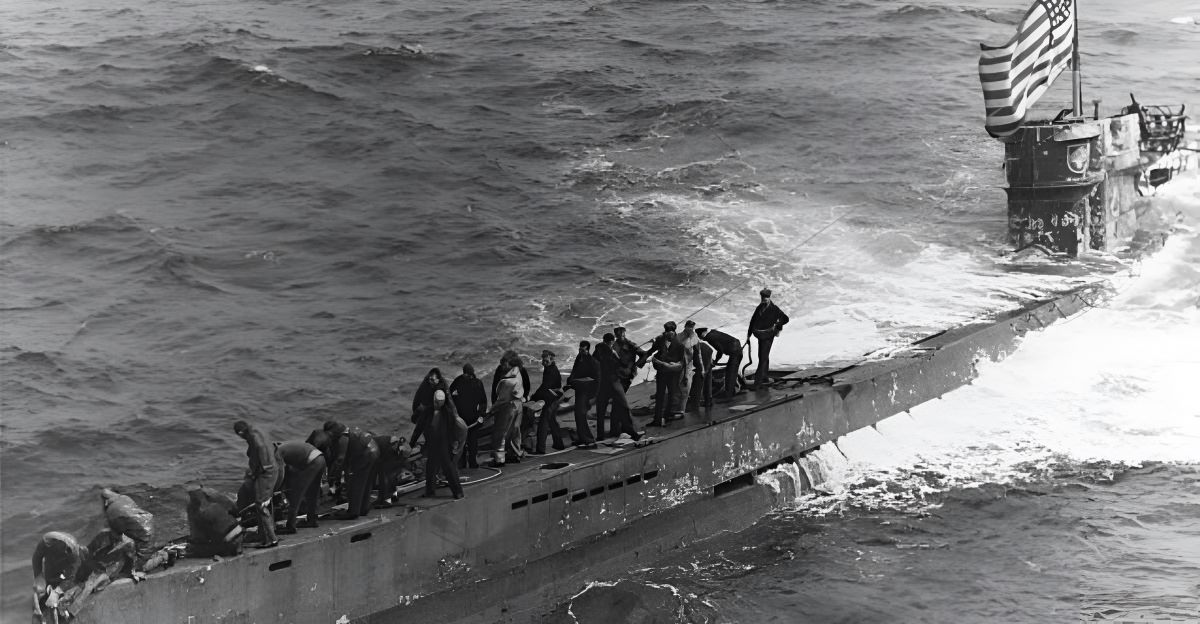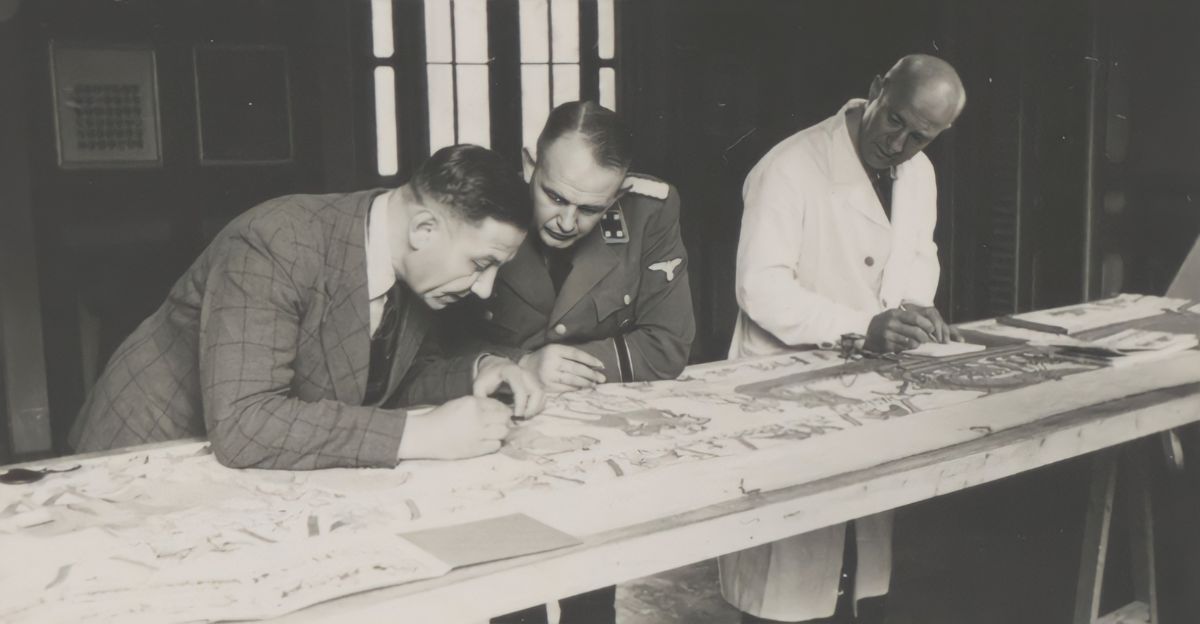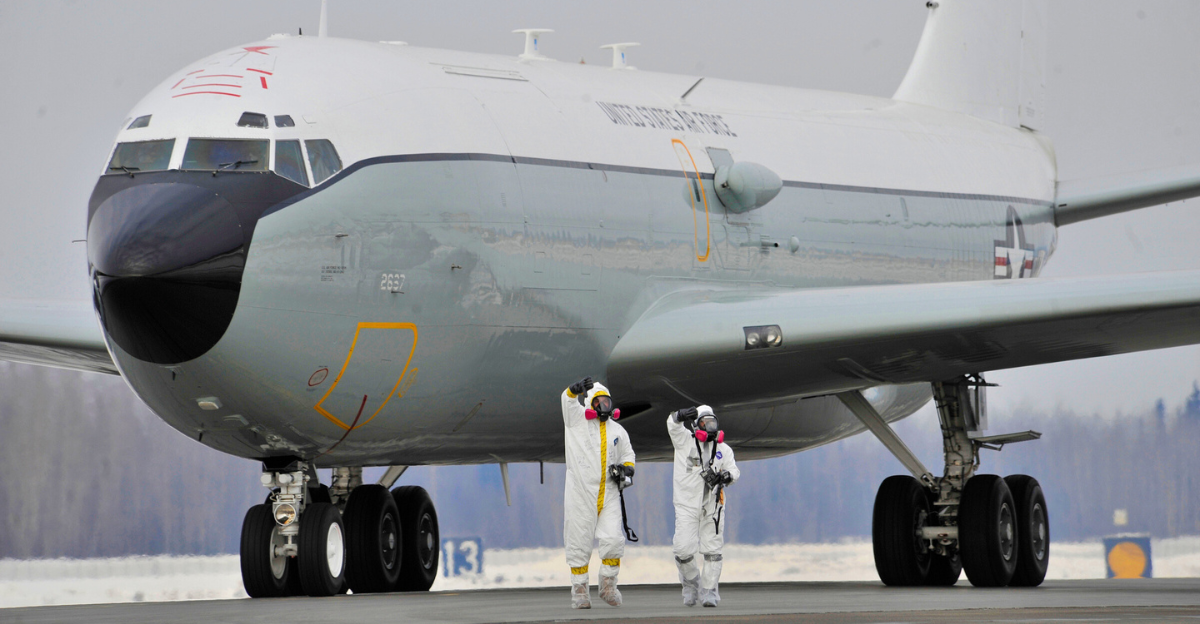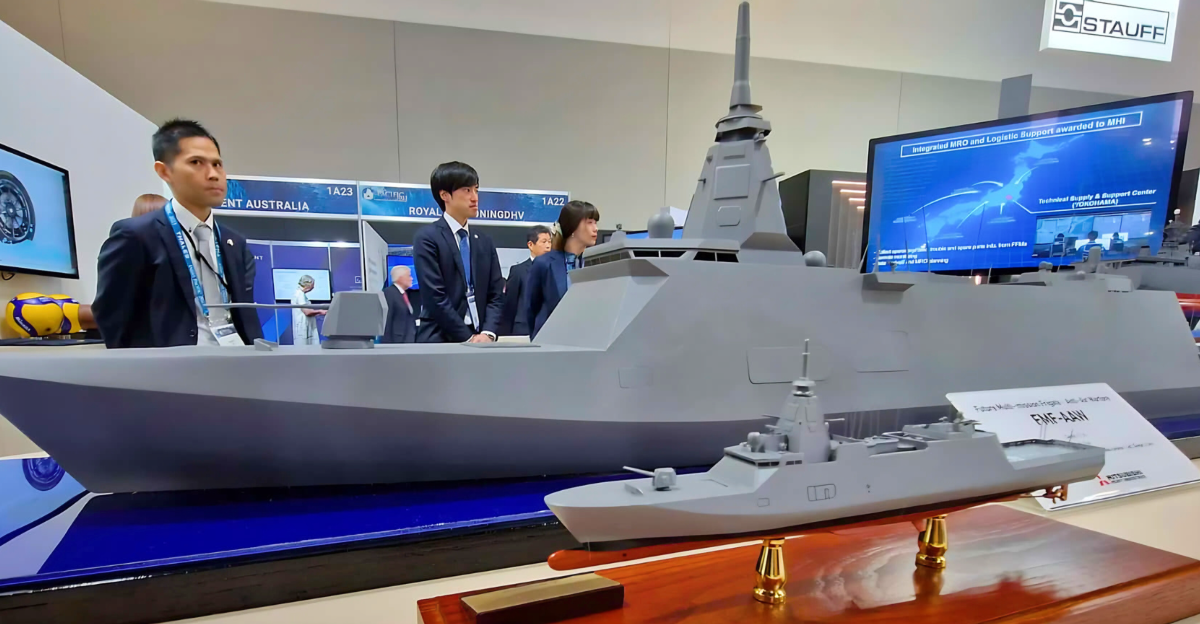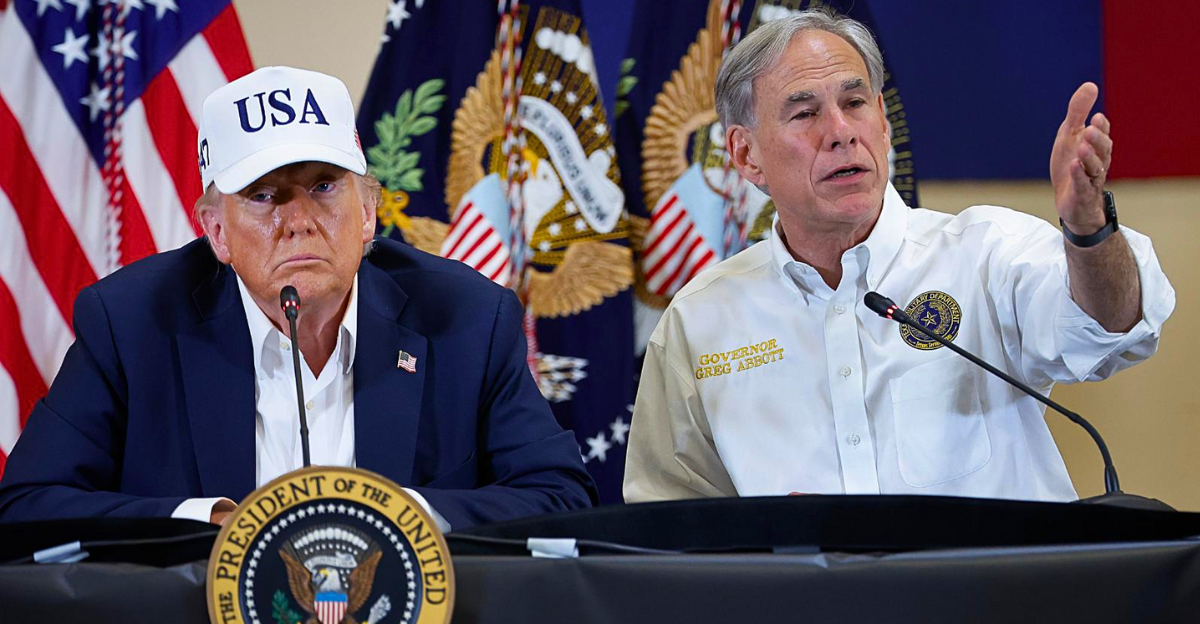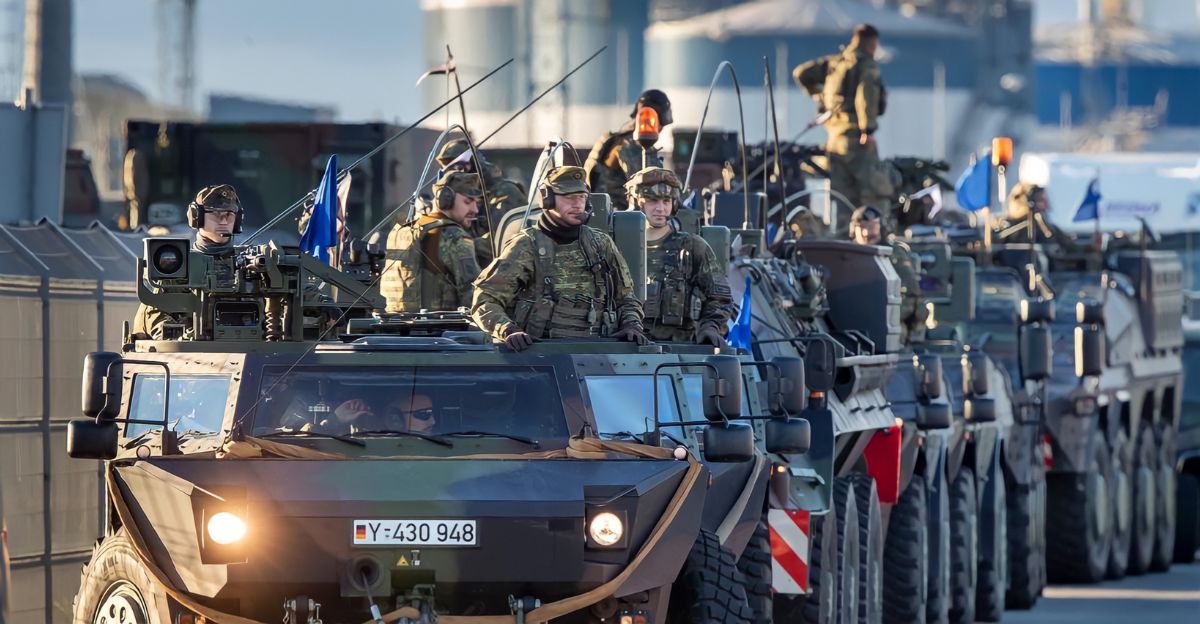
In a historic move, Germany has just reported that it is building up its military on a large scale. Since World War II, this build-up will be the biggest on the European continent.
Germany has kept its military under a certain threshold for the last 80 years, but this new radical decision is due to the potential for increased threats from other nations in Europe, especially Russia. The decades of Germany keeping a small and defensive military are over.
Breaking From Agreements

Germany isn’t breaking a single treaty or pact but rather is breaking away from agreements made after World War II, including the Potsdam Agreement and the Two Plus Four Agreement.
The original goal of these agreements was to prevent Germany from developing MADs (weapons of mass destruction), amassing a large military, and to keep the nation from being a threat to Europe in light of the Second World War.
What’s Prompted This Change?
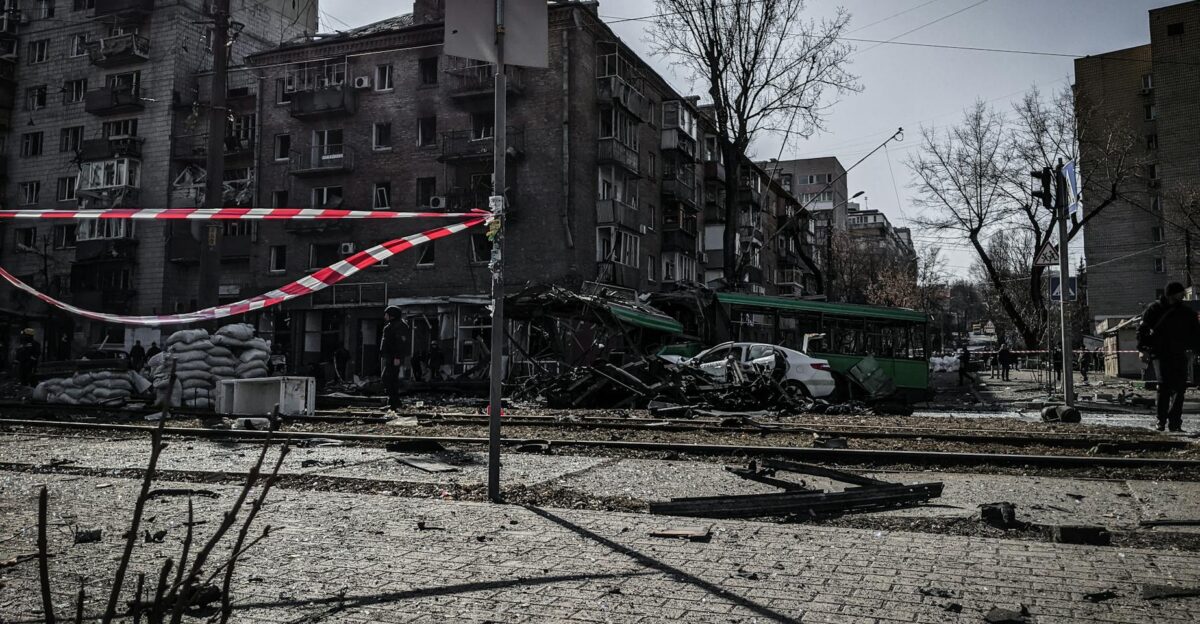
Due to recent conflicts in Europe, mainly the War in Ukraine, Germany and other nations recognize that there is a growing potential for the conflict to spill over into other regions.
To prepare for this, German leaders are looking to spend more on the military than ever. It’s the new consensus – nations must be ready to defend themselves for both national and continental security.
The Mass Build-Up

Germany wants to implement these plans with unparalleled efficiency. Its defense spending will increase to 3,5% of the GDP over the next four years, more than double the current spending of only 1,5%.
The annual defense budget will increase massively from €95 billion in 2025 to €162 billion by 2029. Currently, Germany’s army has just over 180,000 soldiers, but this is projected to jump to 203,000 over the next six years.
How Is The Military Changing?

The German military is set to make radical changes and update its equipment to reflect modern standards. This includes a new line of tanks, jet fighters, missile systems, and cyber capacities.
Since World War II, Germany has kept its presence within its borders, but are now going to station a brigade in Lithuania as a Russian deterrent. This foreign deployment is a sign that things are changing and Germany could be setting itself up as the most advanced conventional force on the continent.
Are They Breaking Any Laws?

While the agreements mentioned above once severely restricted German military strength, the Two Plus Four Agreement allows the nation to have a military within NATO. Restrictions stipulating military capacity and spending are also no longer relevant.
However, Germany is breaking their traditional military views that have been in place since World War II. The nation has shown restraint that has been ingrained in policies and culture for decades. This is a new chapter for Germany as a military force.
Reactions
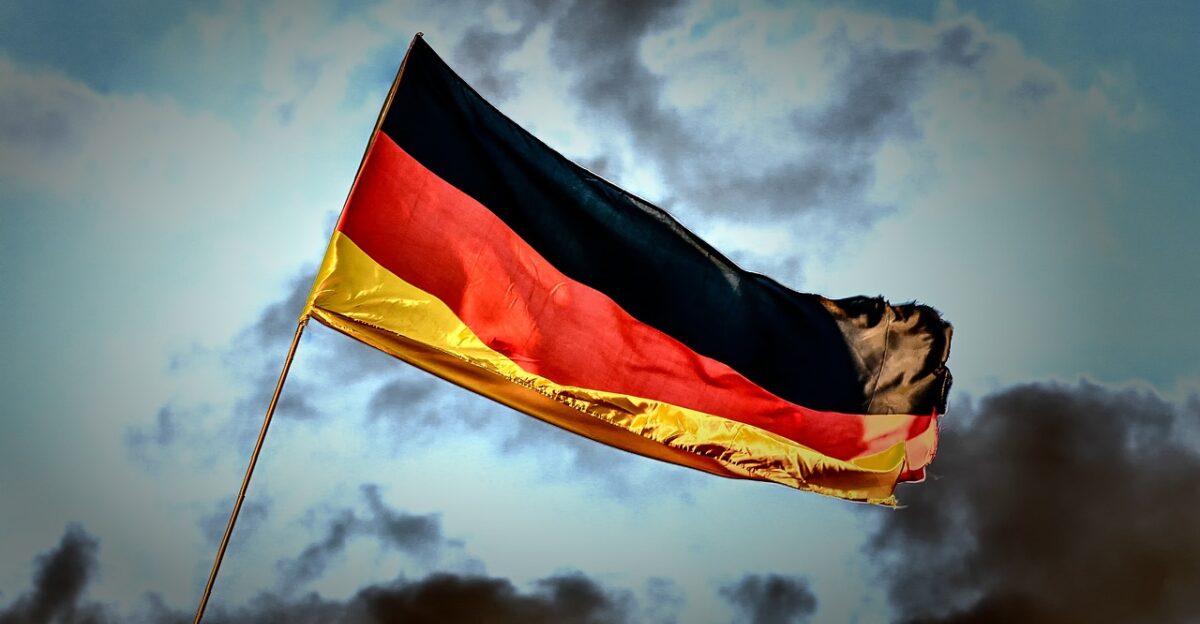
German public opinion has changed substantially in recent years following European conflicts. The nation was once skeptical about spending more money on a larger and “unnecessary” military, but the climate has changed.
There has been a dramatic shift in attitudes towards establishing a stronger defense, not just for Germany itself, but for its allies.
How Germany Will Change Europe
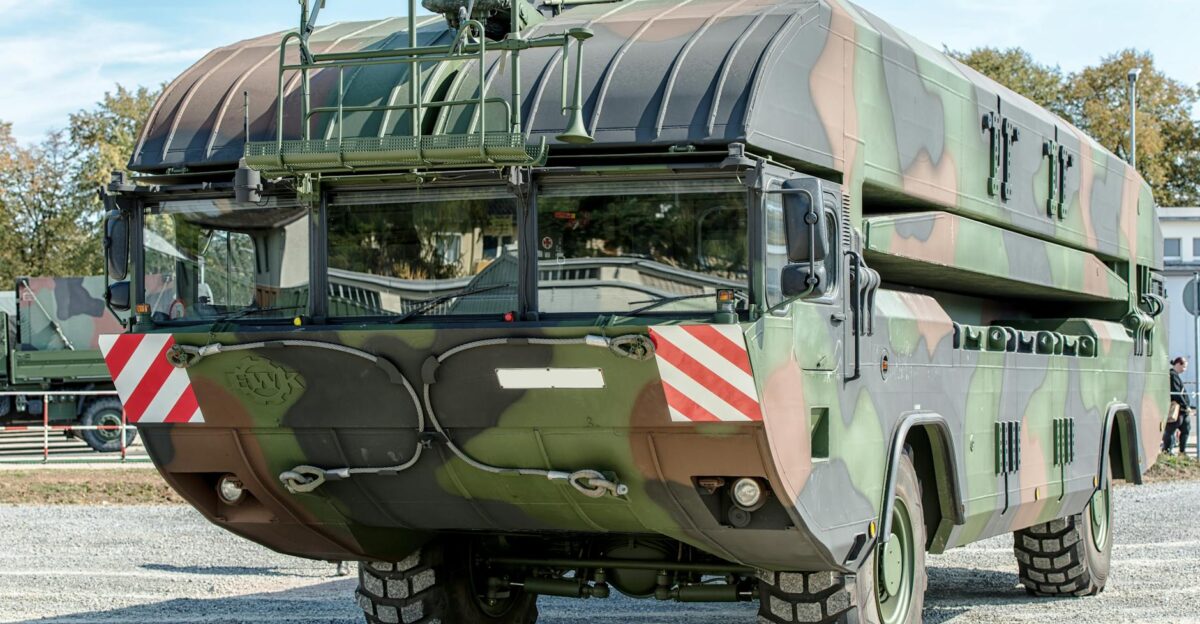
Germany’s new views and military spending will change Europe in a number of ways, most dramatically being a more secure continent. The move is praised as a deterrent against Russia, and multiple nations have given it their full support, including Poland, France, and the Baltic States.
The radical change also makes some people feel uncomfortable about Germany once again rising as a strong military contender.
Potential Challenges

Germany’s plans for its military are ambitious, and it will be met with challenges. Military recruitment in the country is not meeting targets, current equipment lags behind, and there are also bureaucratic factors at play.
It will take years for Germany to reach its goals, all while running the risk of political backsliding, opinion changes, or budgets becoming constrained.
A New Dawn

The build-up and breaking of old “pacts” is a new dawn for Germany. It will see the abolishment of postwar restraint and could set the country up for a new role in the security and protection of Europe.
Germany’s driving force behind its decision isn’t a nostalgic one, but rather one out of pure necessity. Only the road ahead will showcase if Germany can deliver on its promises.

